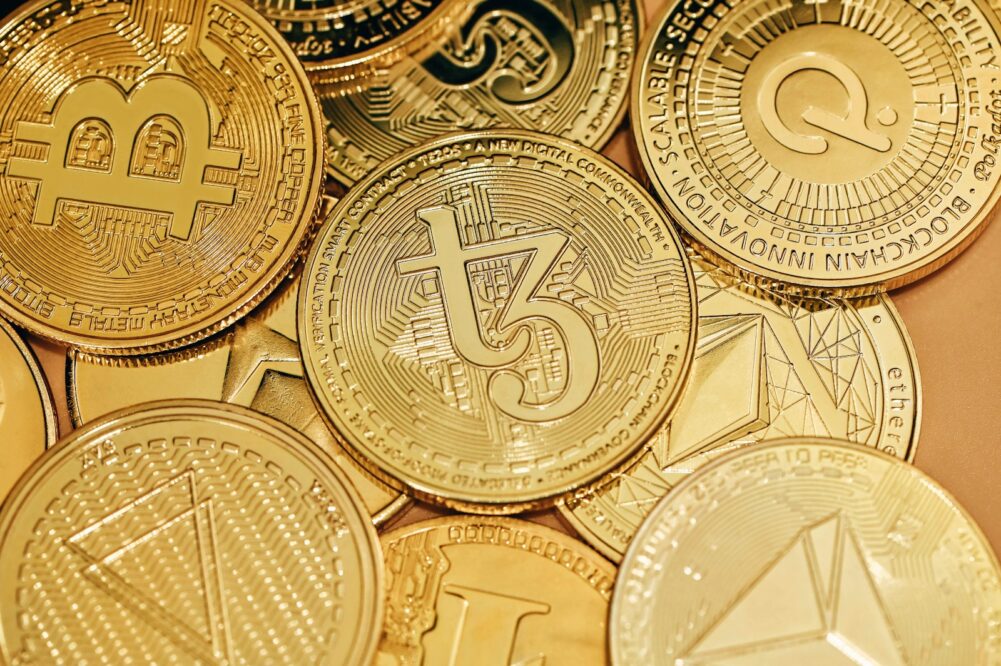Money has played a pivotal role in shaping human civilization, serving as a medium of exchange, a unit of account, and a store of value. Throughout history, various forms of money have emerged, reflecting the evolution of societies and their economic structures. From the barter system to the era of cryptocurrencies, the concept of money has undergone profound changes. Understanding this history is crucial for comprehending the present and anticipating the future of financial transactions.
Historical Perspectives on Money. The earliest forms of money were rooted in practicality, with societies relying on bartering goods and services. However, the inefficiencies of this system led to the emergence of commodity money, such as gold and silver, which held intrinsic value. Over time, the transition to representative money and then fiat currency marked significant milestones. The advent of paper money and the establishment of centralized banking systems revolutionized economies, enabling complex financial transactions and fostering global trade. The rise of digital currencies, like Bitcoin, has challenged traditional notions of money, introducing decentralization and cryptographic security.

Challenges and Transformations in the Modern Era. In the contemporary era, money faces both challenges and transformative possibilities. Economic globalization, technological advancements, and shifting consumer behaviors are reshaping the financial landscape. Digital payment systems, mobile wallets, and contactless transactions are becoming increasingly prevalent, emphasizing convenience and efficiency. Simultaneously, concerns about privacy, security, and economic inequality have sparked debates about the future of currency. Central banks are exploring the concept of central bank digital currencies (CBDCs) as a means to modernize monetary systems, enhance financial inclusivity, and address potential challenges posed by private cryptocurrencies.
The Future of Money: Towards Digital Frontiers. Looking ahead, the future of money appears to be digital. The ongoing development of blockchain technology and the growing interest in decentralized finance (DeFi) signal a shift towards more inclusive and efficient financial systems. Cryptocurrencies, with their decentralized and borderless nature, offer the potential to redefine how we transact and store value. As we navigate this evolving landscape, it is essential to strike a balance between embracing innovation and addressing regulatory and ethical concerns. The future of money is intricately linked to our ability to adapt to emerging technologies, ensuring that financial systems remain secure, accessible, and reflective of the diverse needs of a globalized world.




